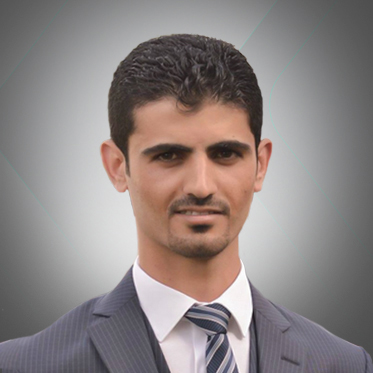Iraqi parliament approves motion legalizing Hashd al-Shaabi Shia militia
.jpg)
ERBIL, Kurdistan Region (Kurdistan24) – The Iraqi parliament on Saturday approved a law legalizing the Hashd al-Shaabi Shia militias, amid a boycott by the Sunni parliament members.
The Iraqi parliament held a session with the presence of 208 MPs who voted for a motion that legalized the Hashd al-Shaabi militia.
However, the move was strongly rejected by Sunni parties and the majority of Kurdish parties in the parliament.
Following the government session, Parliament Speaker Salim al-Jibouri delivered a press conference stating the vote was not the right decision without a consensus between the Iraqi components.
“By this law, Hashd al-Shaabi will be inclusive to all the Iraqi governorates where each governorate has its share of fighters joining the militia,” Jibouri added, noting the motion did not include the Kurdistan Region.
Hashd al-Shaabi was formed by former Iraqi Prime Minister Nuri al-Maliki after a fatwa by Ali al-Sistani, an Iranian cleric in Iraq, following the retreat of the Iraqi army in Mosul and most Sunni-populated areas in June 2014.
The Iraqi Prime Minister Haider al-Abadi congratulated Hashd al-Shaabi fighters for the endorsement of the law by the parliament.
“Hashd al-Shaabi is now legalized under the command of the commander in chief of the armed forces that represents all components of Iraq and will defend all Iraqis,” he stated.
Arafat Karam, a Kurdish MP, told reporters Iraq was no longer a civil state after the endorsement of the law.
Karam added the Shia parties previously said Hashd al-Shaabi would participate in the battle in Syria or wherever the forces were needed. According to the MP, this meant Iraq was no longer a civil state.
The endorsed law considers the Shia militia an independent military formation part of the Iraqi security forces and under the command of the commander in chief of the armed forces.
Editing by Karzan Sulaivany
